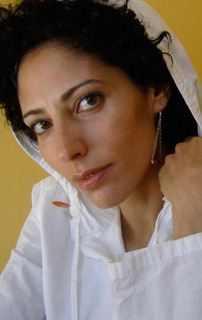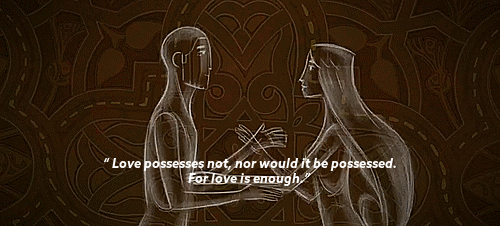The last several years have taken their toll. I ask him about life after September 11 for Arab Americans. “We're the new blacks,” he says. “You know that, right?”
The book title alone shows the extent of injustices Arab Americans had to endure after the 9/11 incident. "How Does it Feel To Be a Problem?", a problem, generalizing all Arab Americans and putting them in one category. After 9/11, they felt as if they should apologize for something that they did not even do, something far beyond their faults. The government forcefully arrested them, and profiling became a common theme. In the preface of the novel, Said founds out a close friend was a detective all along. I tried to imagine what it would feel like, to realize that people suspect you of wrongdoings based on your ethnicity and background alone, to have your trusts broken when even people you thought were like family become one of the suspecting eyes. Even if I put myself in their shoes, I could never truly understand the hardship and turmoil that came after 9/11.
Bayoumi shares Rasha's story of getting taken to a facility forcefully, without being told of why they're going there. This is an experience that many Arab Americans had to go through after 9/11. The justice system showed no mercy to anyone, not even young children like Rasha and her siblings. One of her sisters had a painful rash but was completely ignored by the officers guarding the room, and it is only a small example of awful events that took place in the facility.
 I've always heard around how often people with Arab backgrounds go through extra security checks, but never really understood the severity of the issues until now. Like Rasha's family who was captured on what it seemed to be a normal day, many people faced the same fate, however; a lot of them were deported. It is disheartening to realize that Rasha's family was one of the "lucky" ones because what they had to endure was unfair and wrong.
I've always heard around how often people with Arab backgrounds go through extra security checks, but never really understood the severity of the issues until now. Like Rasha's family who was captured on what it seemed to be a normal day, many people faced the same fate, however; a lot of them were deported. It is disheartening to realize that Rasha's family was one of the "lucky" ones because what they had to endure was unfair and wrong.

